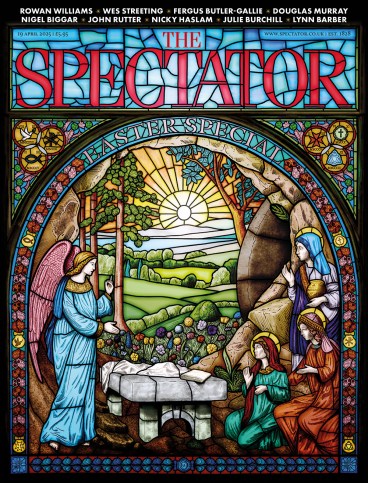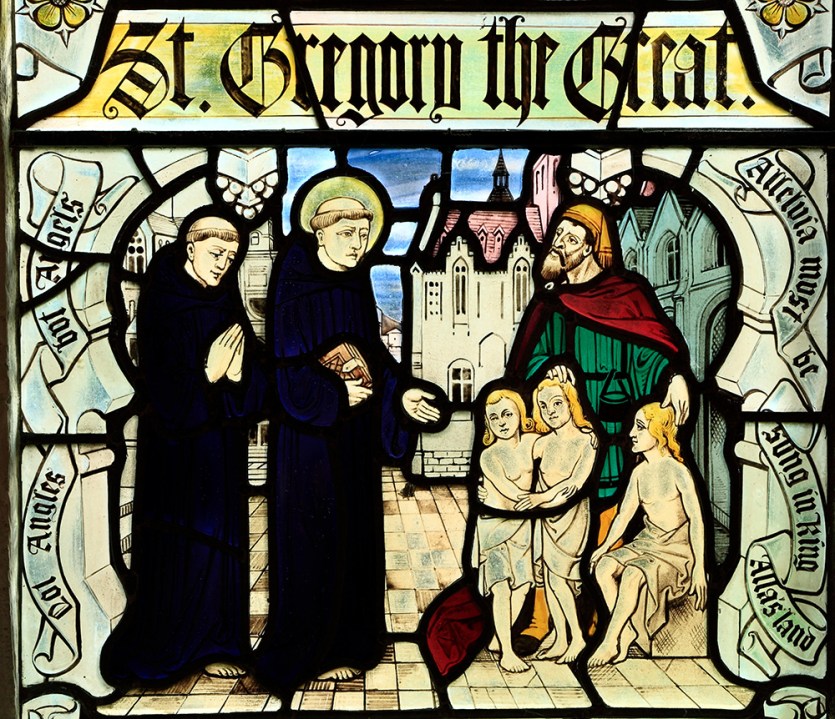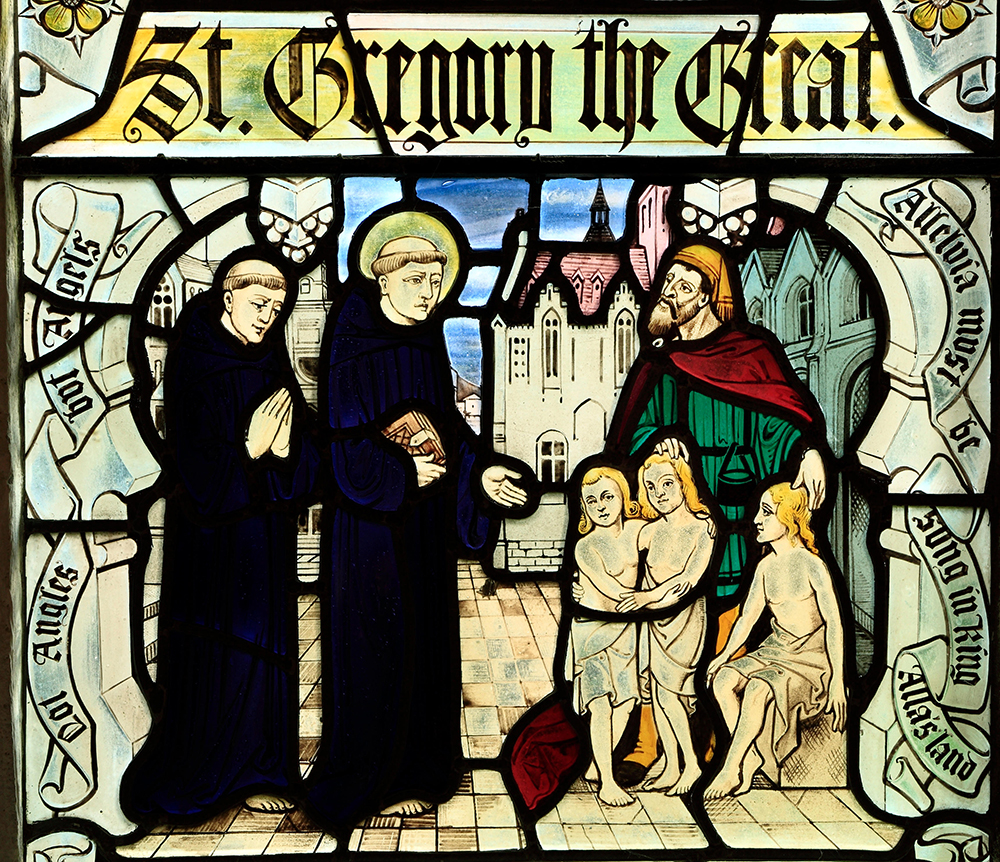
‘Christianity,’ writes Bijan Omrani in his opening sentence, ‘is dying in England.’ Does it matter? His next sentence makes it clear that, for him at least, it does. ‘In this generation, the religion that has defined the spiritual life, identity and culture of the country since its origins as a unified state in the 10th century has come into its death agony.’ This, he adds, is ‘far more profound than anything like Brexit.’
The implication is either that we are nothing without our religion or we are becoming something unrecognisable and untested by history, a people without a story, with no tale to tell themselves. This book is a history of what we are losing. It is compendious, well written and alarming because we are evidently in danger of losing everything. Omrani’s writing is passionate – his Iranian name comes from his father but he is English born and bred.
The story begins with the arrival of a boat laden with treasure and 40 seamen on the Isle of Thanet in 597. It had been sent by Pope Gregory I who had noticed some boys in a market place with fair skin and hair and beautiful faces. He was told they were Angles – meaning English – but he insisted they were not Angles but Angels. English religious history thus began with a bad pun.
Then, in the 7th century, comes the Venerable Bede, a monk and scholar, who redefines kingship as a matter of Christian morality and sanctity rather than the brute force preferred by the Germanic tribes. From this point on Omrani’s title – God is an Englishman – is thoroughly justified.
The injection of the idea of virtue into the ruler is, of course, unstable. Merely saying the ruler is good and sacred will not always work. Bad kings and queens litter our history. So along comes the law. This provides one of the highlights of the book when, in 1928 in Glasgow, May Donoghue finds there is a dead snail in her bottle of ginger beer. In seeking who was responsible for her injury and distress, lawyers tied themselves in knots. Then four years after the event, Lord Atkin rose in the Lords to deliver a speech which clearly evoked Bedean morality, a superbly nuanced expansion of the injunction to ‘love thy neighbour’ which made the makers of the beer responsible. It was a Christian triumph but, as Omrani cuttingly notes, the case is taught in law schools but ‘few tutors allude to the influence of Christianity in the ruling’. Twentieth-century judges – Denning, Devlin – continued to defer to Christianity in English common law but by the 21st century other judges – Munby, Beatson – rejected this idea as mere rhetoric.
Such stories abound in the book, all providing evidence that we are a country built from religion. Other nations find this hard to believe. Americans, in particular, seem obsessed with the idea that we are peculiarly racist and the most guilty party in the slave trade. In fact we outlawed the Atlantic slave trade and sent the Royal Navy to enforce this in the early 19th century. The Americans slaved on until a civil war put an end to it in 1865.
Anti-slavery feelings were driven by Christian preachers who took seriously the idea that all people should be treated equally well. ‘The idea of human dignity before anything drove the evangelical campaign against the slave trade,’ Omrani writes. Indeed, he sees the 1800s as a golden age of Christian morality. We stopped mistreating children; women and girls were protected from sexual exploitation; and we made serious efforts to suppress working-class poverty.
Of course, there were plenty of doubters. They were driven by the spectacle of scientific and technological progress. They embraced the secularisation thesis –
the idea that with the rise of a modern society characterised by a scientific world view, industrialisation and urbanisation, the role of faith in that society would inevitably recede and eventually disappear.
Omrani does not buy this. He takes a more subtle view that changes in society are the cause of the decline of Christian observance. The self, not society, has begun to matter more to people. Quoting Durkheim, he insists that we need ‘a sufficient degree of homogeneity’ to ensure the sustenance of collective life.

This is edgy stuff and will convince few doubters. As Omrani well knows, the ‘collective life’ is rapidly being dispersed by the ragged bands of individualists lacking in history and burdened by the mere present. Nevertheless, he remains hopeful. ‘We need not think that England is brutish, or deficient in that which might feed and satisfy the spirit.’
This is a tremendous book, whatever you happen to believe. The storytelling and characterisation are gripping in themselves and the arguments are truly profound. They undermine the glib scorn that has emptied our churches and depleted our souls. Read it and weep or, perhaps better, think.









Comments